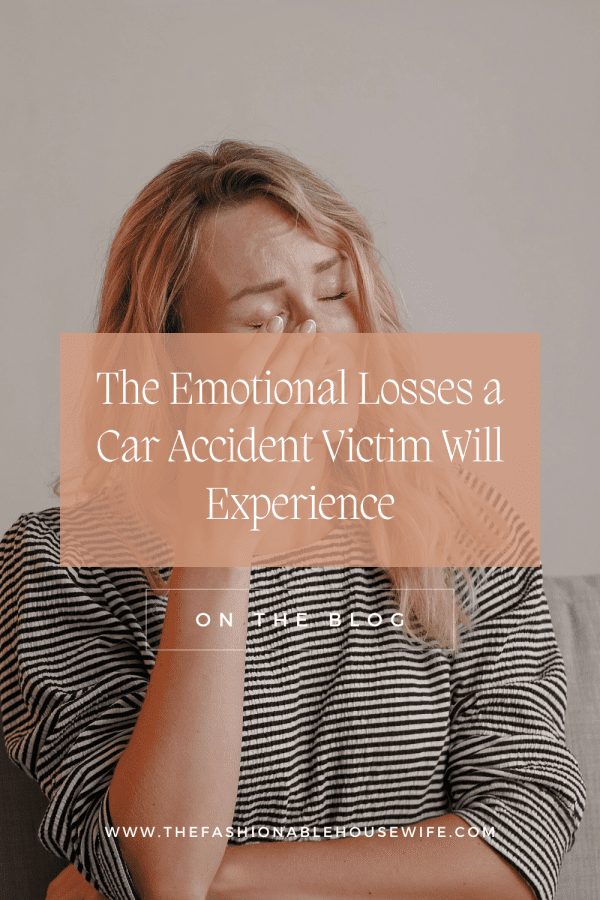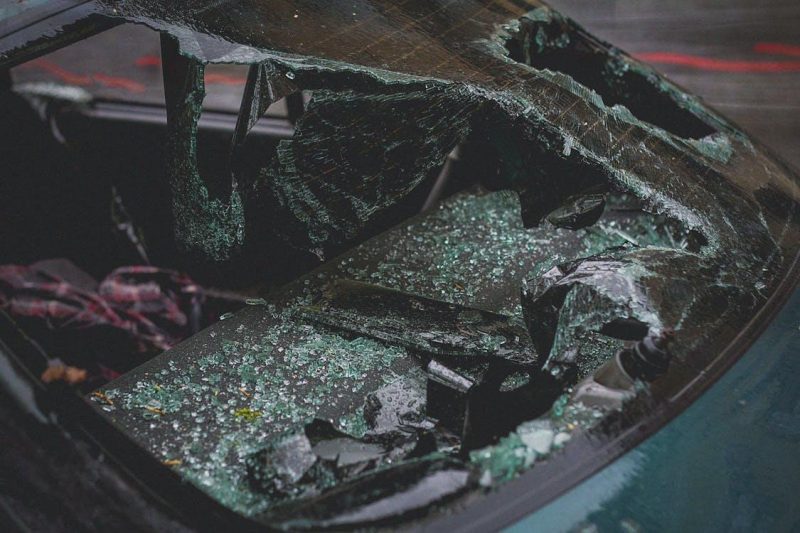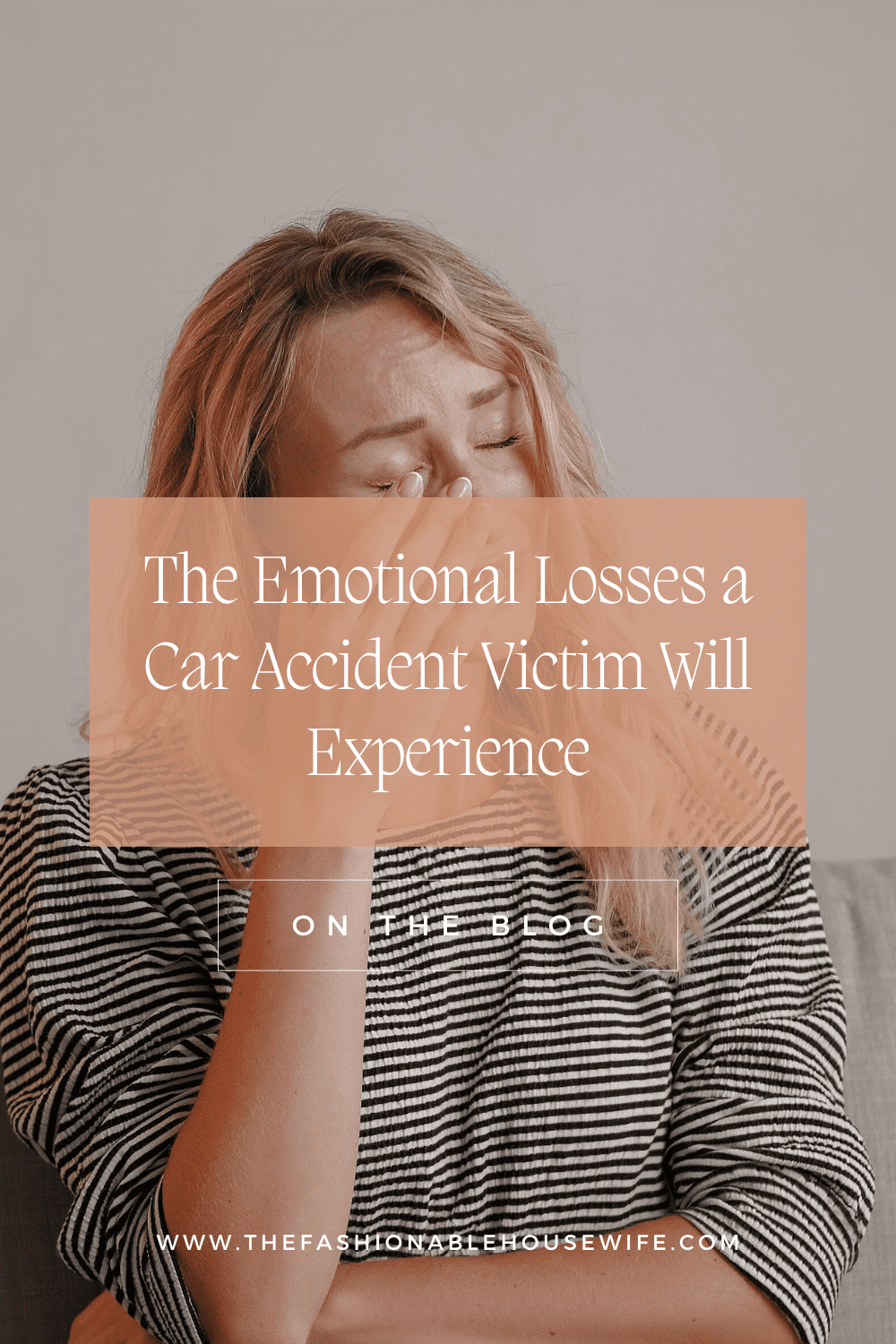The Emotional Losses a Car Accident Victim Will Experience

Fondly known as one of the oldest major cities, Richmond, VA, is a historian’s paradise. The city has plenty of historical sites, from the Richmond Slave Trail to the Richmond National Battlefield Park.
As exciting as all this sounds, the city does have a problem with distracted drivers and car accidents.
A car accident is not just a physical ordeal; it can leave lasting emotional scars. Processing what has transpired can be challenging due to the immediate shock and disorientation. Victims often experience a surge of fear and anxiety, especially if the crash is severe.
This emotional turmoil can linger long after the physical injuries have healed. Many in the city facing such challenges turn to car accident attorneys in Richmond to navigate the legal complexities while they focus on recovery.
The sections below talk about the emotional losses a car accident victim will have to deal with after a personal injury.

Anxiety and Post-Traumatic Stress
Even after the initial shock wears off, many accident victims struggle with anxiety. The fear of driving again can be paralyzing, leading to avoidance behaviors that disrupt daily life.
Some individuals develop post-traumatic stress disorder (PTSD), which can manifest as nightmares, flashbacks, or sudden panic attacks when reminded of the accident. The inability to feel safe on the road can significantly impact personal and professional life.
Depression and Emotional Numbness
Another typical emotional loss that occurs after a car accident is depression. Physical discomfort, monetary strains, and lifestyle adjustments may exacerbate feelings of melancholy, despair, and alienation.
Some victims experience social isolation as a result of finding it difficult to participate in activities they used to enjoy.

Another coping strategy is emotional numbness, which is the state in which a person feels cut off from their feelings or loved ones.
Loss of Independence and Identity
Losing freedom can be incredibly upsetting for people who have suffered serious injuries. Being unable to work, drive, or carry out daily duties without support can make one feel frustrated and powerless.
People who pride themselves on leading an active lifestyle may experience identity loss and doubt their value. The psychological toll may be as tricky as the actual physical wounds.
Strained Relationships and Social Withdrawal
A car accident doesn’t only affect the victim—it also impacts their relationships with family and friends. Mood swings, irritability, and emotional withdrawal can strain even the strongest bonds. Some individuals feel like a burden to their loved ones, leading to further isolation.
Misunderstandings about the depth of their emotional struggles may create tension, making it harder to seek support when it is most needed.

Guilt and Self-Blame
A victim may experience guilt even if they are not at fault. They could relive the mishap, questioning whether they could have handled it differently. If someone else is hurt or killed in the collision, survivors may also feel guilty.
This emotional load can be hefty, causing ongoing distress and making it difficult to move on. Seeking professional help and talking openly with loved ones can help alleviate these feelings.
Final Thoughts
It takes time and assistance to recover from the psychological harm caused by an automobile accident. Professional counseling, support groups, and therapy can assist victims in processing their feelings and creating coping mechanisms.
The first step to recovery is admitting these difficulties, which enables people to regain their mental stability and sense of security. While the emphasis is on physical rehabilitation, complete healing also requires addressing the emotional fallout.

